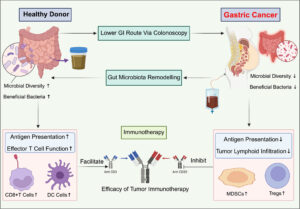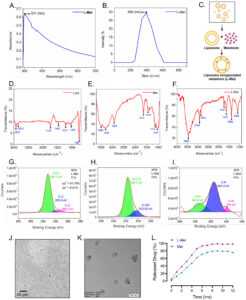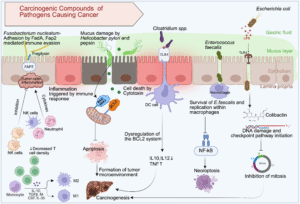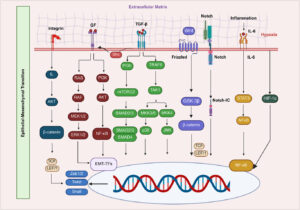Gut microbiota-mediated oncogenesis in hepatocellular carcinoma: a new avenue for therapeutic intervention
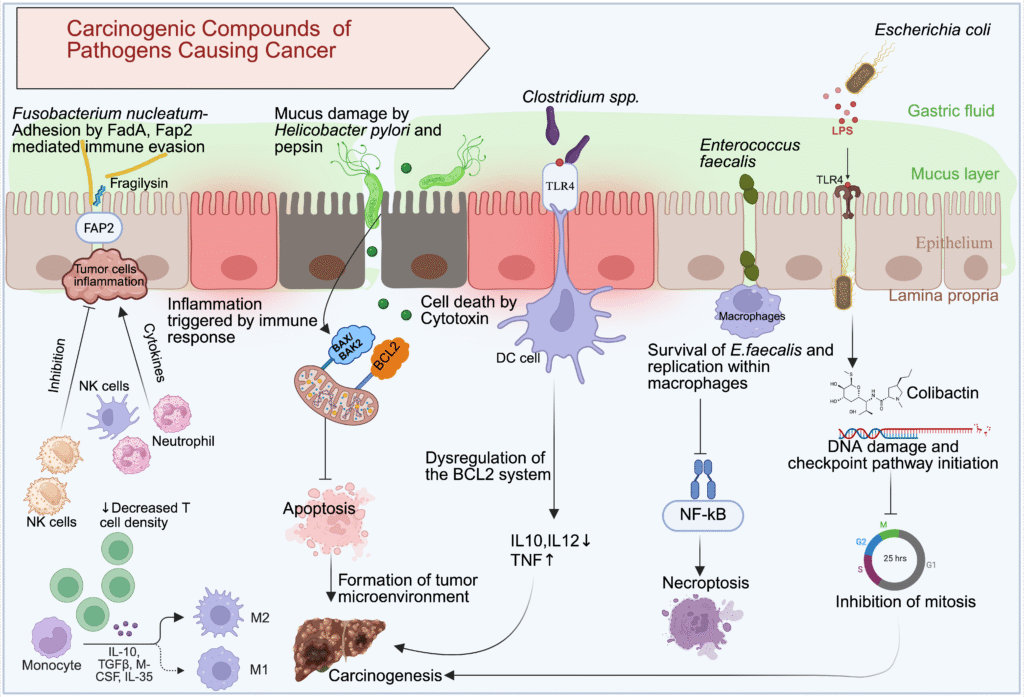
Aswathi Ramesh 1, Rajasekaran Subbarayan 1,2*, Dhasarathdev Srinivasan 1, Ranjith Balakrishnan 1, Rupendra Shrestha 3*, Ankush Chauhan 2
- Centre for Advanced Biotherapeutics and Regenerative Medicine, Faculty of Research, Chettinad Hospital and Research Institute, Chettinad Academy of Research and Education, Kelambakkam, India.
- Centre for Herbal Pharmacology and Environmental Sustainability, Chettinad Hospital and Research Institute, Chettinad Academy of Research and Education, Kelambakkam, India.
- Department of Natural and Applied Sciences, Nexus Institute of Research and Innovation (NIRI), Lalitpur, Nepal.
Publications: International Journal of Surgery. 2025. doi: 10.1097/JS9.0000000000003851
Abstract – Hepatocellular carcinoma (HCC) is a leading cause of cancer mortality, and pathogenic gut bacteria contribute to its pathogenesis. This review explains how gut microbiota dysbiosis drives hepatocarcinogenesis through inflammation, metabolic dysregulation, and immune modulation. Pathogens like Fusobacterium nucleatum, Helicobacter pylori, Clostridium spp., Enterococcus faecalis, and Escherichia coli disrupt intestinal barrier integrity, alter bile acid metabolism, and induce DNA damage. These interactions activate oncogenic pathways and suppress apoptosis, thereby creating a tumor-permissive environment. Risk factors, including viral hepatitis, non-alcoholic fatty liver disease, alcohol consumption, and dietary imbalances, combined with microbial dysbiosis to increase HCC risk. Genetic susceptibility affects host-microbe interactions, with polymorphisms in TLR4, ATM, and PNPLA3 worsening inflammation and metabolic dysfunction. Early detection through ultrasound surveillance, biomarkers, and microbiome interventions is key to improving patient outcomes. Clinical trials investigating H. pylori eradication, F. nucleatum detection, and E. faecalis-mediated inflammation have demonstrated the translational potential of microbiota modulation. Molecular docking analyses revealed pathogen-host receptor interactions (E. coli–TLR4 and H. pylori–PD-L1) that drive immune evasion and barrier disruption. These insights support integrated approaches that combine genetic screening, microbiome profiling, and precision therapies. This review establishes the gut-liver axis as a therapeutic target, calling for efforts to understand host-microbe dynamics and advance cancer therapies.
Cite: Ramesh, A., Subbarayan, R., Srinivasan, D., Balakrishnan, R., Shrestha, R., & Chauhan, A. Gut microbiota-mediated oncogenesis in hepatocellular carcinoma: a new avenue for therapeutic intervention. International Journal of Surgery, 2025. PMID: 41143647

